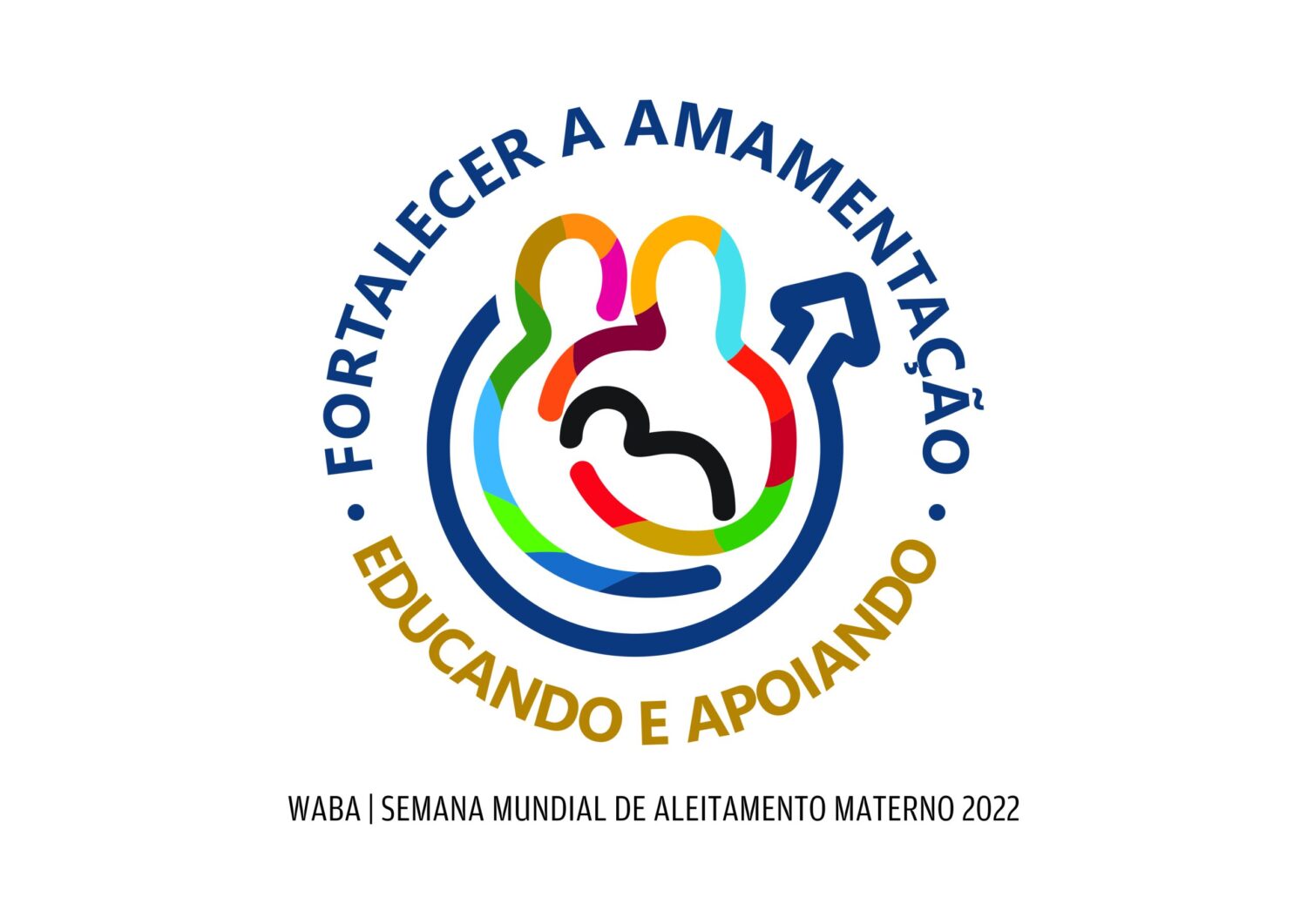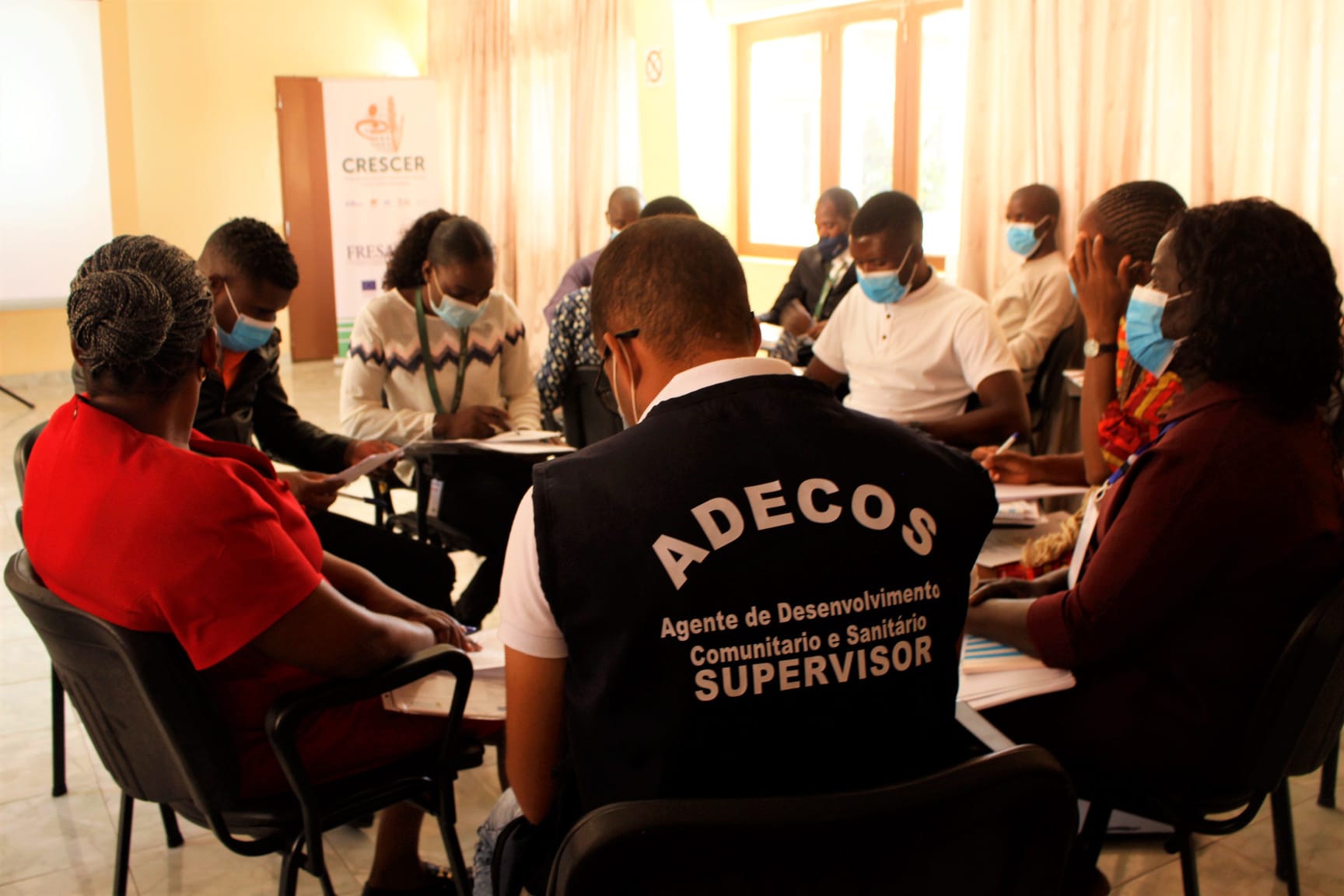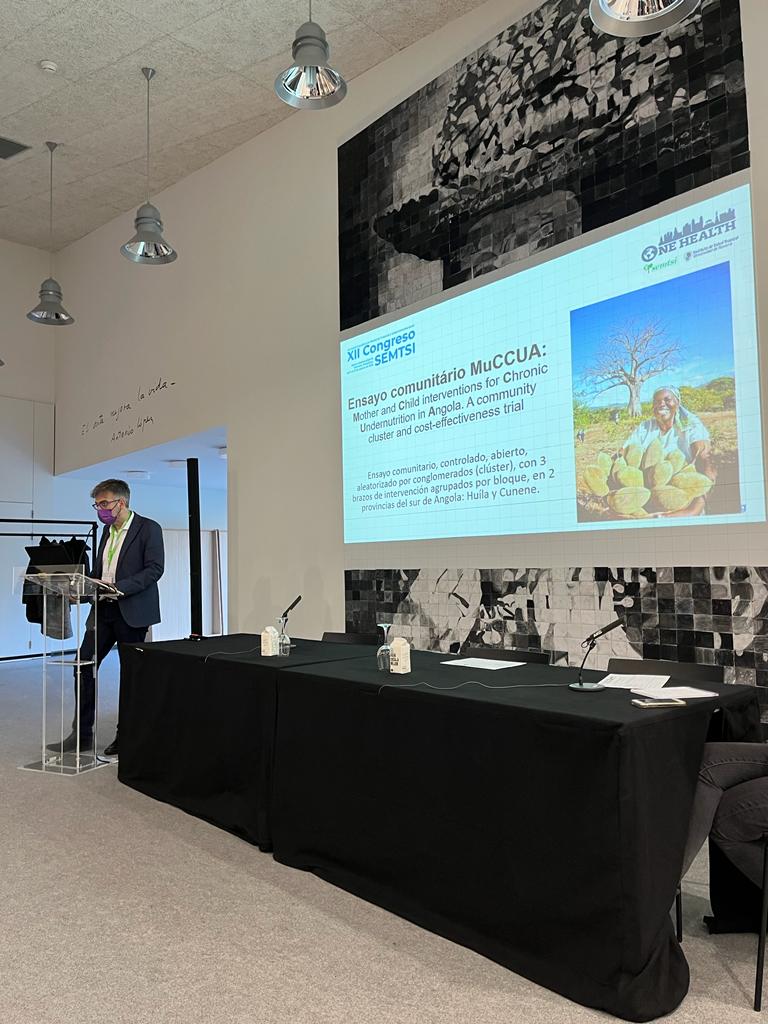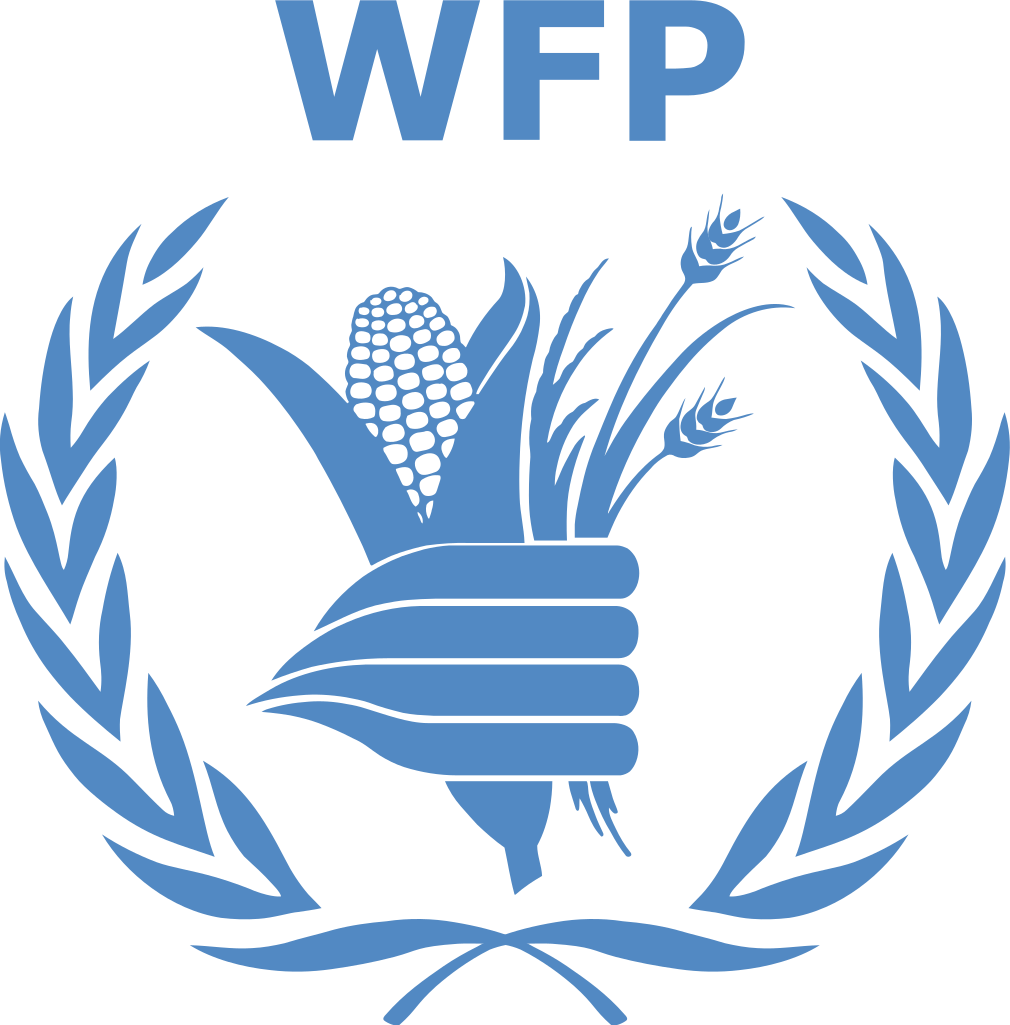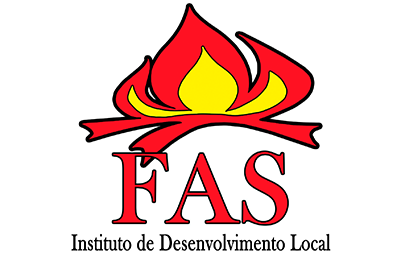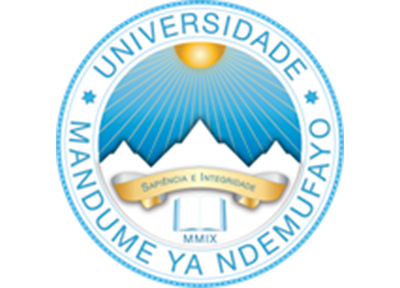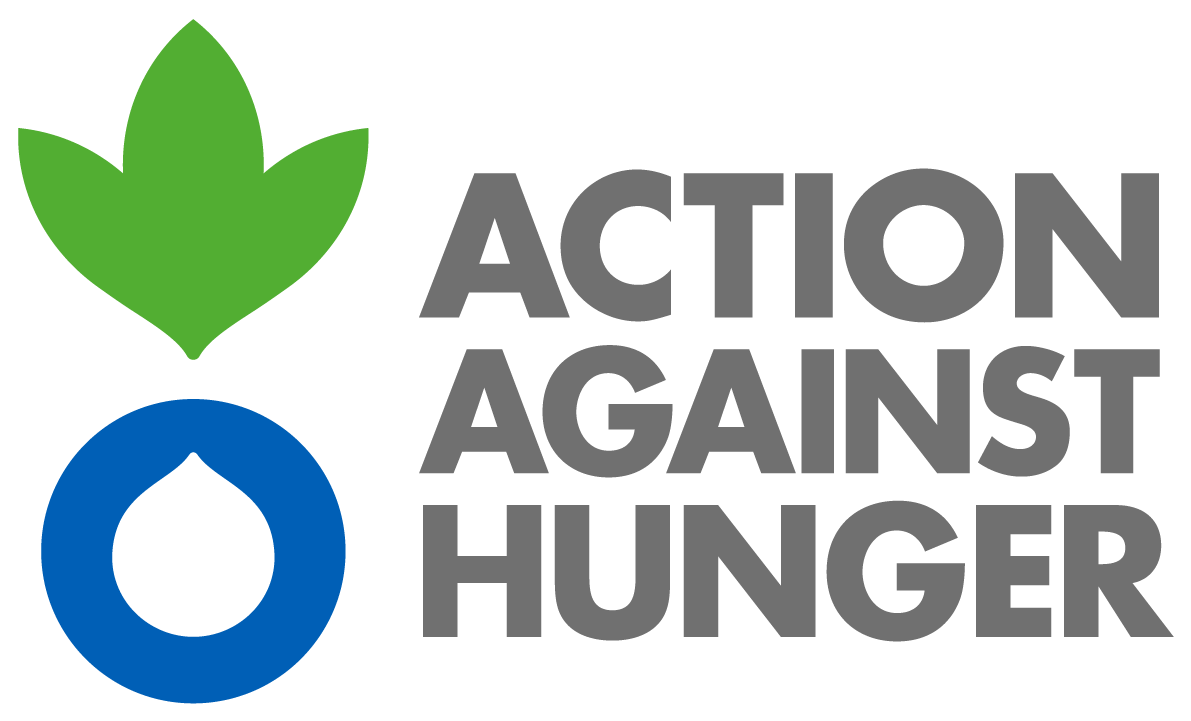Breastfeeding is one of the most effective methods to ensure health, survival and full development of children. However, less than half of the world’s babies are exclusively breastfed for their first six months of life. This figure is even more impressive in Angola, where less than 40% of babies under six months are exclusively breastfed, according to data from UNICEF. This is very concerning and threatens the health and nutritional status of our babies, as it is in the causal pathway to malnutrition and infant mortality. In addition, studies indicate that neonatal mortality increases dramatically by 33% when breastfeeding is delayed between two and 23 hours after birth, and by 119% when breastfeeding is initiated later, after the first 24 hours of life.
We know that breastfeeding is an essential action in the fight against child malnutrition in all its forms and is one of the best strategies to prevent infant mortality, especially of newborns. Breast milk is the ideal food for babies because it meets all their nutritional needs, promotes sensory and cognitive development, and protects the child from infectious diseases and chronic illnesses. At the same time, exclusive breastfeeding during the first six months of life reduces infant mortality rates from common childhood illnesses such as diarrhea or pneumonia and promotes faster recovery from illness. It also helps mothers build a healthy and strong bond with their baby, reduces the effects of postpartum depression, protects against breast and ovarian cancer, and reduces women’s risk of developing type 2 diabetes after pregnancy. At household level, it guarantees food security for babies, even in times of crisis, as it is a food that is always available in a natural, clean and accessible way and without additional costs for babies’ families.
The CRESCER project supports and promotes the WHO breastfeeding guidelines:
- Exclusive breastfeeding for the first six months of a baby’s life. Breast milk provides all the energy and nutrients needed in the first months of life and covers a large part of the child’s nutritional needs until the second year of life. Giving other foods before six months of age is harmful to the baby’s health and exposes him or her to early diarrhea and infections. It is important not to introduce other foods, not even water, juices, teas, sweet drinks or traditional remedies, except for medicines and vitamin and mineral supplements, only if recommended by the doctor.
- It is extremely important to start breastfeeding within the first hour of the baby’s life, because, if breastfeeding is delayed, the baby may be at risk. Some common misconceptions on breastfeeding include the belief that, at the beginning after birth, the mother does not have enough milk to feed her baby, but of course this is not so, on the contrary, the first milk from the mother’s breast, called colostrum, is very nutritious and contains everything the newborn needs.
- From six months onward, the baby should continue to be breastfed after the introduction of complementary feeding. Breastfeeding should continue at least until the child’s second birthday. This period is especially important for the child’s healthy growth and development and provides a window of opportunity to reduce morbidity (susceptibility to disease), mortality and the risk of chronic diseases through good nutrition.
- Breastfeeding must always be on demand. This means that the mother should breastfeed as often as the child needs, day and night, without restrictions.
However, breastfeeding should not be the sole responsibility of mothers. The child’s parents, the family, health services, ADECOS, community health officers, and the entire community must promote the best nutrition for children in the first months of life and facilitate breastfeeding. In this sense, we step up and join the World Breastfeeding Week, which is celebrated globally during the first week of August. On this year 2022 we gather under the slogan “Educate and Support”.
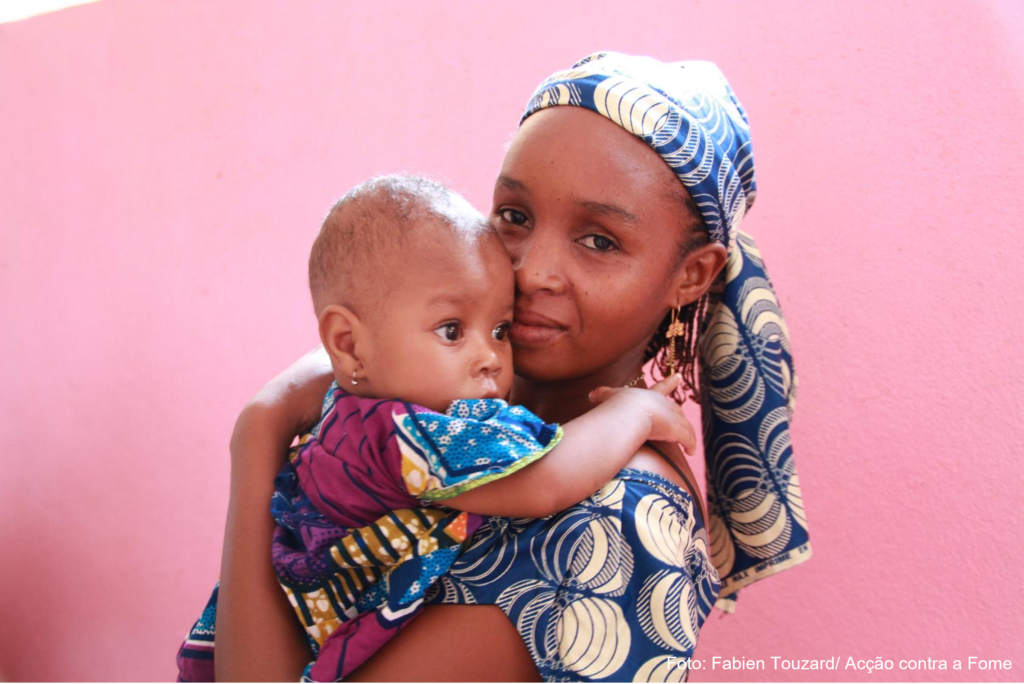
According to the results of the Angolan National Health Indicators Survey (IIMS 2015-2016), more than 2.1 million (38%) children under the age of five are chronically undernourished in Angola, with higher numbers in Huíla and Cunene provinces (44% and 39%, respectively). These data suggest that approximately one in two children in these provinces suffers from chronic malnutrition, a condition that may lead to impaired cognitive development and will affect their capabilities in adulthood.
To combat chronic malnutrition, the CRESCER project promotes breastfeeding and encourages women to continue breastfeeding their babies until the age of two. We believe that breast milk is the best food for our babies in Angola. For this reason, the CRESCER project is training ADECOS on health promotion tools to reinforce this practice among mothers and fathers and pursue better health for their children and for their entire communities.
We all must work to create an environment where more and more women feel encouraged, supported and protected to breastfeed.
We are stronger together!
